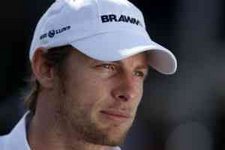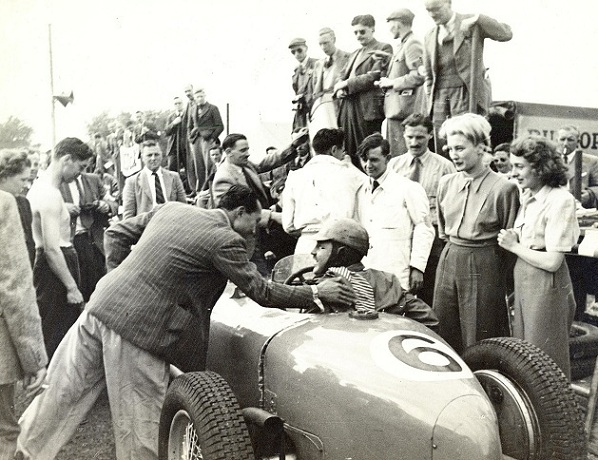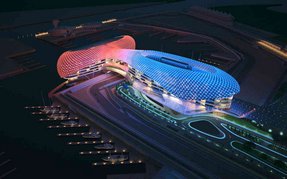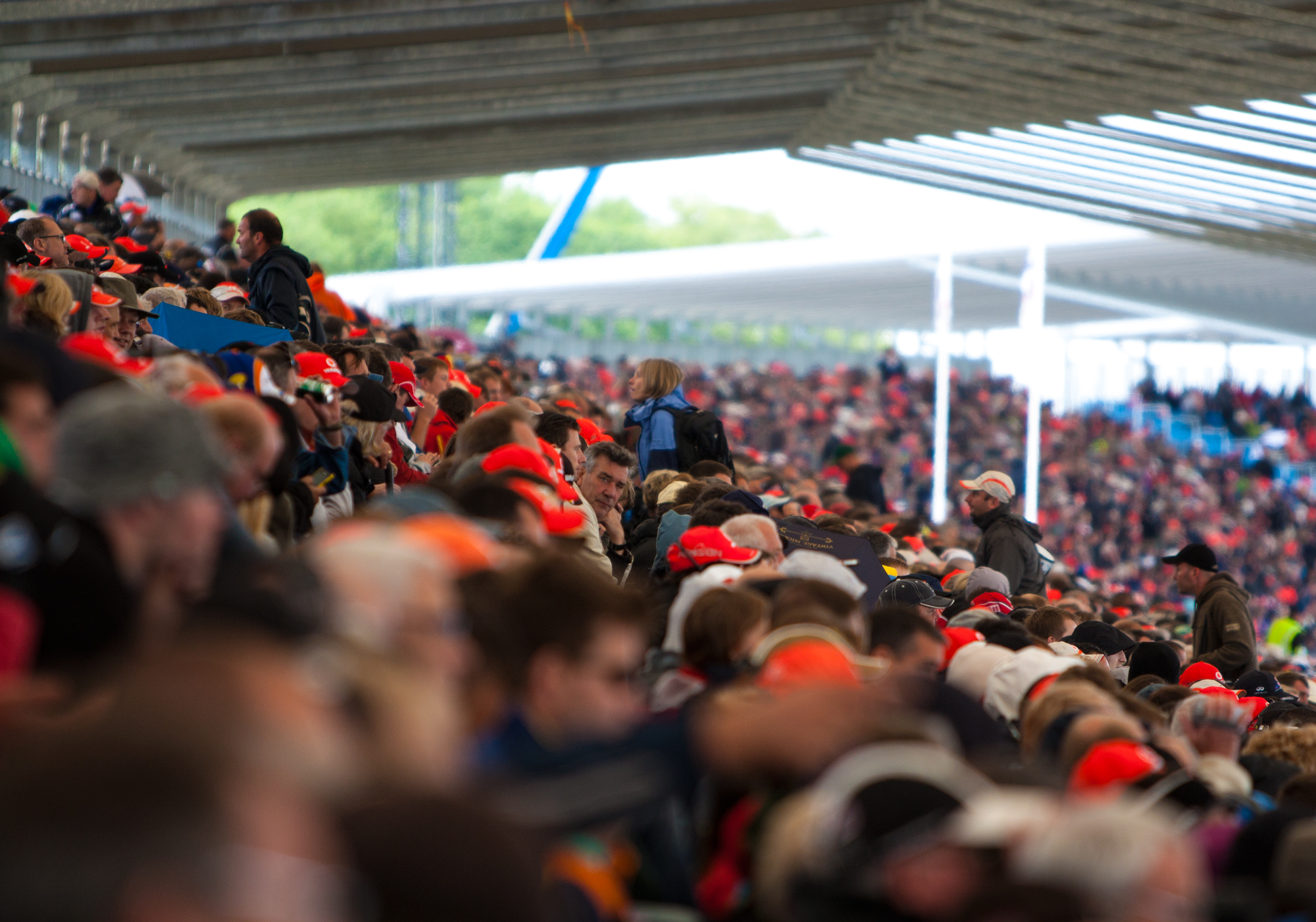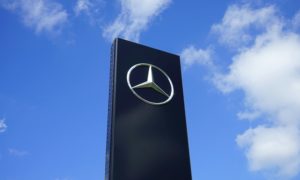Sebastian Vettel is the new world champion at the age of 23, with an immense 10 pole positions, but only 5 race wins this year. While it was not a perfect season for the young German, he has proven that he has raw speed and also the determination and maturity to turn around a poor season. Vettel has been touted to be a future great of the sport, and he surely has the capacity to win many more championships as he is still only very early into his career.
With Vettel’s title, and Hamilton’s a few years earlier, we can see that drivers who have been nurtured and mentored from a young age can become a force to be reckoned with in the top flight.
While this has drawn a few critics, the fact is that this is the best way to develop future World Champions and should be encouraged.
We all know Hamilton’s story, but where did Vettel come from? The answer is the energy drinks-backed young driver academy that has produced, not only some of the big names in the sport, but is also likely to produce many World Champions in the future. That is, of course, the Red Bull Junior Team, founded in 2001. We look into success story of what has been hailed as the greatest young driver academy, which has now produced it’s very first champion. We’ll also look at the future of the academy and who the next big names of the sport will be.
The Premise Winning from the Beginning
A media statement from the team at the end of 2009 reflected on the successes of the academy since 2003. It also provided insight into the objective of the academy, which explains their winning Formula.
The objectives were clear: “Hand-picked international talents receive professional and continuous training in all relevant areas of motorsports in the Red Bull Junior Team under the premise of competition from the beginning.
“All drivers of the Red Bull Junior Team are under compulsion to work hard from the start and should also learn to reach their big goal Formula 1 in the long term this way, under permanent pressure to perform. That is why the premise was expanded to winning from the beginning.â€
Therefore, this premise suggests that the drivers, even at a young age, bear the responsibility upon themselves to perform. In fact, so much is this pressure, that they are expected to win from the very beginning. Sebastian Vettel, did just that winning an unprecedented 18 races out of 20 in the 2004 Formula BMW ADAC Championship. The other two races? Oh, just a measly second and third placed finish! Other drivers who have won this championship cannot really manage more than 10 wins in the season.
The media release states in large bold letters the seriousness of their academy: “Only those drivers who have the implicit talent for a sustainable Formula One career will be supported.â€
Drivers of the Past and Future Prospects
Other than Sebastian Vettel, there are many previous and current drivers who’ve graced the Formula One grid have been part of the academy at some point in their career. Christian Klien became the first driver of the Red Bull junior team to enter Formula One when raced for Jaguar in 2004. Other drivers who made it include Vitantonio Liuzzi, Scott Speed, Sebastian Buemi, Jaime Alguersuari, Karun Chandhok, Robert Doornbos, Narain Karthikeyan, Patrick Friesacher, and Enrique Benoldi. Once drivers make it to Formula One, they graduate from the academy.
At the end of 2009, the academy had nine drivers, which was at the time the lowest since the academy’s inception. At the time, the reason they gave for this that quality comes before quantity. At present, the academy only has four drivers, Daniel Ricciardo (Australia), Jean-Eric Vergne (France), Daniil Kvyat (Russia), and Carlos Sainz Jr. (Spain); this suggests that they have further refined the academy to only include the crème de la crème.
Brendon Hartley (New Zealand) was the most recent driver to be dropped from the academy this year, after going one-and-a-half seasons without a win in the Formula Renault 3.5 championship, proving that the academy can be ruthless, if required.
Daniel Ricciardo
Ricciardo and Vergne were seen at this week’s 2010 Young Driver’s Test at the Abu Dhabi race track. Ricciardo once again proved his ability to be fast and consistent, topping the times on both days by quite a significant margin. Only a year earlier had Ricciardo topped final session in a three-day test at Jerez, in a less-competitive RB5 (although it was still a very fast car).
Earlier this year the young Australian narrowly missed out on winning the Formula Renault 3.5 Championship to Russian Mikhail Aleshin. Aleshin, who ironically was backed by the academy until last year, overtook Ricciardo with two laps to go in the final race, thus securing the taking the championship by two points. It was still a rather impressive season for Australian on his debut in the championship, with eight pole-positions and four wins.
In 2009, Ricciardo had notched seven wins on his way to win the British Formula Three Championship, and in 2008 Ricciardo won eight races on his way to win Formula Renault 2.0 WEC. He also finished second in the Eurocup Formula Renault 2.0 of that year, where he notched six race wins.
With his performances at the Abu Dhabi Young Driver’s test this year, one can be confident that Daniel Ricciardo is indeed ready to step up to a race seat. However, he has also conceded that a year in the GP2 Feeder series into Formula One would not hurt him. Either way, the young Australian has attracted many fans, and surely will be a name to follow in the not-too-distant future.
Jean-Eric Vergne
The young Frenchman might not have been too noticeable at this week’s driver test, but 20-year old Vergne is another exciting prospect from the Red Bull Junior Academy, perhaps the most exciting. He is the reigning British Formula Three champion, succeeding Daniel Ricciardo as the third driver from the academy in a row to win the championship.
(The 2008 winner was a certain Jamie Alguersuari his story is also quite impressive, but we won’t go there today.)
Vergne’s route to the championship title from 30 races included 13 wins and 11 pole positions. He finished on the podium 20 times. More recently this year, he replaced the under-performing Brendon Hartley at Tech1 Racing in the Formula Renault 3.5 series.
Astoundingly, after racing only the final 6 races of the season, he finished 8th in the championship. Vergne had also achieved what Hartley failed to do in one and half seasons he won in only his third outing with the team at Silverstone, when original race winner Esteban Guerrieri was disqualified for a technical infringement.
In Vergne’s 6 races, he scored 53 points, finishing on the podium a further three times after his win. This was 3 points more than what Hartley was able to achieve in his 13 races that season!
On day one of the 2010 Abu Dhabi Young Driver’s test, Vergne notched the seventh-fastest time, in the STR-5 with a lap-time of 1:42.489. He completed 93 laps in the process. On the second day of the test, Vergne finished with the ninth fastest time, of 1:40.974, just 0.030 seconds behind 2010 GP2 Champion Pastor Maldonado in the faster Williams.
While Jean-Vergne is not ready just yet to step up into Formula One, we can be sure he will do it soon, and will likely turn heads in the process.
Academy Highlights
The success of the academy can be demonstrated by looking at their driver’s achievements to date.
2003
– Christian Klien (AUT) becomes the first Red Bull Junior to sign a Formula One contract.
2004
– Vitantonio Liuzzi (ITA) wins 7 out of 10 races in the F3000 Championship
– Sebastian Vettel (GER) wins 18 out of 20 races in the Formula BMW ADAC Championship
– Christian Klien records first ever F1 point.
2005
– Michael Ammermuller (GER) wins five races in a row in Formula Renault
– Neel Jani (SUI) becomes the first Red Bull Junior to win a GP2 series race (Budapest)
– Scott Speed (USA) and Neel Jani move up to Formula One
– Sebastien Buemi (SUI) wins seven races in Formula BMW
2006
– Michael Ammermuller wins a race on the first GP2 weekend in Valencia
– Filipe Albuquerque (POR) wins the Eurocup Formula Renault 2.0 and Eurocup Formula Renault
2007
– Red Bull Juniors Mika Maki (FIN), Jaime Alguersuari (ESP) and Brendon Hartley (NZL), take the top three championship classification ranking in the Formula Renault Italia.
2008
– Daniel Ricciardo (AUS) wins Formula Renault 2.0 WEC, and comes second in EC.
– September 14th Sebastian Vettel becomes the first driver from the Academy to win a Formula One Grand Prix at Monza.
2009
– Daniel Ricciardo wins the British F3 Championship
– Robert Wickens (CAN) runner up FIA Formula 2 Championship
– Daniel Juncadella (ESP) in Formula BMW Europe
– Jean-Eric Vergne (FRA) in both the Formula Renault 2.0 Eurocup and West European Cup
2010
– Jean-Eric Vergne wins the British F3 Championship with 14 wins from 12 Pole Positions
– Daniel Ricciardo runner-up in Renault 3.5 Series
– Vergne wins a race in Renault 3.5 Series and secures 8th Place in the championship from only 6 races.
– Sebastian Vettel is the first driver from the academy to become Formula One World Champion
Sebastian Vettel
Sebastian Vettel’s World Championship now proves that the academy is successful. While Vettel remains the only driver from the academy to have won a Formula One race, we can be sure that there will be more to follow, particularly with the likes of Ricciardo and Vergne coming through the ranks.
Vettel started racing karts in 1995, winning various titles such as the Junior Monaco Kart Cup in 2001, around the time the Red Bull Junior Team was founded.
It was not long after Helmut Marko started the junior team that he was soon watching the 12-year-old Vettel training at Schumacher’s Kerpen kart track, just outside Cologne. Only a few years later at fifteen, Vettel was now the star of the junior squad, ordering mechanics around and pushing them for yet more victories.
After Vettel’s domination of the 2004 German Formula BMW ADAC Championship, he drove in the Formula Three Euroseries. He was fifth in the final standings, therefore finishing as the best-placed rookie, in a championship that was dominated by one Lewis Hamilton.
As a result of his success, he was rewarded with a test for the Williams F1 Team, and later for BMW Sauber in the 2006 and 2007 seasons. It was at BMW Sauber where Vettel really made a name for himself, continually setting fastest laps at Friday practice sessions from the moment he stepped into the cockpit.
At the United States Grand Prix, Vettel received his lucky break in Formula One, and we all know the story since then…

